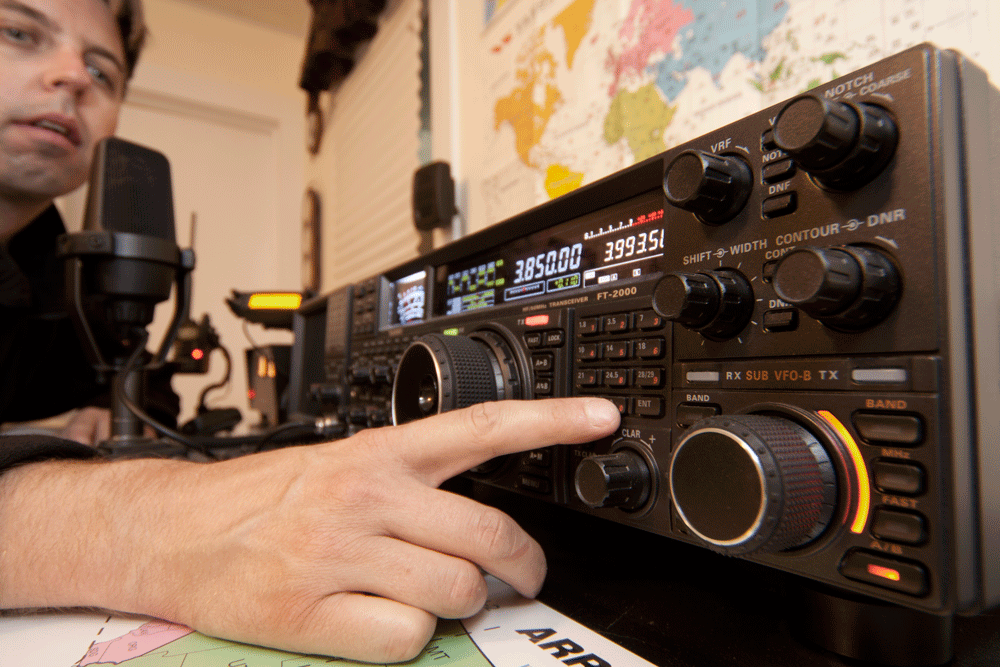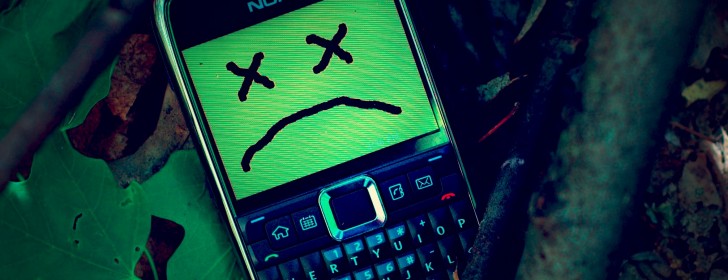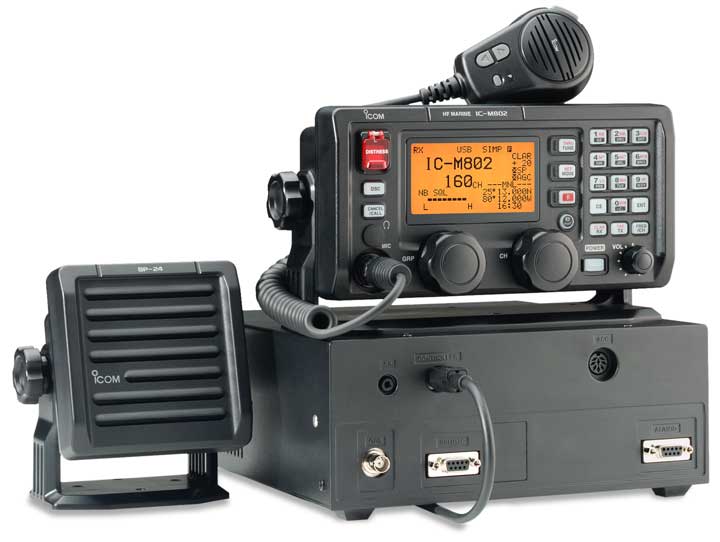Ham Radio: The Ideal Prepper Communications System
In any emergency, having a means to communicate with your extended network (family, friends, like minded individuals/groups) is critical. As such, it is important for you to understand that modern communications devices might not work in an emergency – thus the value of having ham radio equipment and learning how to use it.
What is the problem with cell phones?
In our always on society, we don’t consider that our cell phones and internet connections might stop working in an extended emergency. But it can and does happen.
There are three situations that affect traditional communications methods in an emergency situation.
Overload: During any type of emergency, communications needs spike, often overwhelming the capacity of the system. You may still be getting a signal from the local cell phone towers but you may not be able to get a connection because a million of your neighbors are trying to get connections at the same time as you to contact friends and loved ones.
![]()
Breakdown: The emergency could have broken vital communications equipment/connections that are essential for your cell phone and internet to work. Without these entities functioning, your entire city may be in a communications blackout until the situation is addressed.
![]()
Lack of Power: We all know that we need to keep our cell phones charged to work but most of us don’t give a second’s thought to the electrical needs of our communications infrastructure. Chances are very high that if you are without power in your area for more than a day or two, your local communications network will slowly deteriorate as all the backup power generation systems run out of fuel. If power is out for a few more days, you will most likely be in a total communications blackout situation.
The Solution: Ham Radio
Ham radio equipment is really one of two solutions to this situation. (The other is satellite phones.) Ham radio equipment depends on you having a personal power source (which in most cases can be battery.) It does not depend on you having a working local communications network as it works based on antennas with a long range – and also peculiar atmospheric bouncing that allows ham radio operators to literally talk around the world.
If you have a ham radio, you will be able to communicate to someone. And that someone will be in an area outside the disaster zone and be able to transmit a message to loved ones outside the disaster zone to let them know your condition.
And unlike a satellite phone, there is no ongoing subscription fee involved. You buy the equipment once and never pay another fee to use it after that. It is less convenient but it will get the job done and that really is the point of any emergency equipment – getting the job done.
What about a ham radio license?
To use a ham radio, you do need a license. You might think that you can skip this part and use the ham radio only in an emergency but you really need to get your license. You don’t want to be learning how to use your ham radio during an emergency and if you use it during normal times without a license, you can get into trouble.
Getting a license is pretty easy. You will need to study some materials and take a test – but you no longer need to learn morse code as ham radio old timers needed to do.
Full details are at the FCC website: http://wireless.fcc.gov/services/index.htm?job=service_home&id=amateur.
Is a ham radio the right solution for you?
If you do not need to worry about backup communications systems, it is probably not worth the investment to learn the materials to pass the ham radio test.
But if you believe a backup communications system is important to you, the test isn’t that hard and the cash outlay for an adequate system is not too great. For a few hundred dollars, you can get a really nice system that will serve you nicely in almost any situation.
Plus, if you get involved in ham radio, there are hobby clubs all over the world that love to help new ham radio enthusiasts. In fact, since many ham radio operators decided to take the plunge because they like helping other people, you will find that these folks are great and very informative people to know. Many of them are involved in their communities as auxiliary helpers in emergency situations and can offer advice to better prepare yourself for typical local emergency situations.
Whether or not you choose a backup communication system, be sure to consider all your options when making plans on how to stay in touch for any emergency situations you anticipate being involved in – whether due to weather events or other natural/man made disaster situations.




